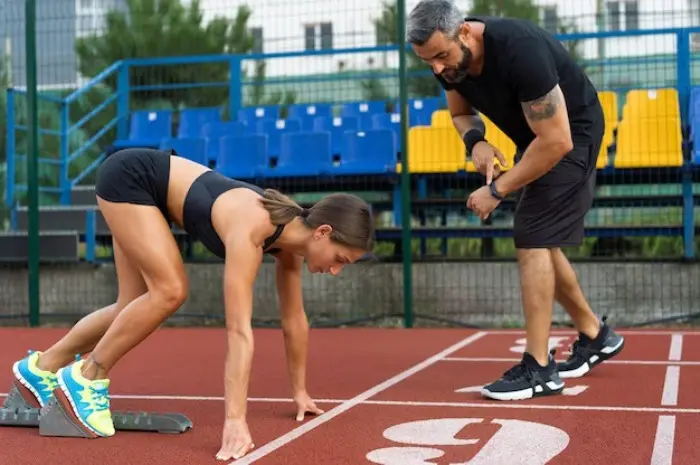In the realm of athletics, peak performance is not just about physical training; it encompasses a holistic approach that integrates physical, mental, and emotional well-being.
This comprehensive perspective on athlete training is gaining recognition for its effectiveness in enhancing performance. This article delves into various holistic training techniques that athletes can incorporate to achieve peak performance.
The Concept of Holistic Athletic Training
Holistic training transcends traditional training methods by focusing on the athlete as a whole. It addresses various aspects of well-being, including physical conditioning, mental strength, emotional balance, and sometimes, spiritual growth.
This approach acknowledges that these elements are interconnected, and improvement in one area can positively impact overall performance.
Physical Training and Nutrition
Physical training remains a cornerstone of athletic performance. This includes not only the traditional strength, endurance, and flexibility training but also focuses on functional movements that improve overall body efficiency.
Nutrition plays a crucial role in this aspect of training. A balanced diet that meets the specific nutritional needs of an athlete can significantly enhance performance and recovery.
Mindfulness and Mental Training
The mental aspect of training is gaining more attention for its impact on performance. Techniques like mindfulness, meditation, and visualization help athletes manage stress, maintain focus, and mentally rehearse their performance.
These practices can lead to better concentration during competitions and a more profound ability to stay calm under pressure.
Emotional Well-being and Resilience
Emotional health is essential for peak performance. Athletes are increasingly encouraged to engage in activities that support emotional well-being, such as counseling, group therapy, or stress management workshops.
Developing emotional resilience helps athletes cope with the highs and lows of competitive sports, enhancing their ability to bounce back from setbacks.
Recovery and Rest
Recovery is an essential part of holistic training. Adequate rest, including quality sleep and relaxation techniques, is critical for physical and mental recovery.
Practices like yoga, tai chi, or even simple breathing exercises can aid in reducing muscle tension and mental fatigue, allowing the body and mind to recuperate.
Injury Prevention and Management
Holistic training also emphasizes injury prevention and proper management. This includes not only physical precautions, such as proper warm-up routines and using correct techniques but also incorporates therapies like massage, acupuncture, or chiropractic care to prevent and treat injuries.
Integrating Alternative Training Methods
Athletes are exploring alternative training methods like Pilates, gyrotonic exercises, or aquatic therapy. These methods offer variety and can target different muscle groups or skills, contributing to a well-rounded physical conditioning.
The Role of Social and Environmental Factors
The social and environmental aspects of an athlete’s life play a significant role in their performance. A supportive social network, including family, friends, and teammates, can provide emotional support.
Similarly, training in different environments or altitudes can enhance physical adaptation and mental resilience.
Personalized Training Programs
Each athlete is unique, and personalized training programs that cater to individual strengths, weaknesses, and goals are becoming more prevalent.
Customized plans take into account not just physical capabilities but also psychological and emotional factors, offering a more effective and comprehensive training approach.
Continuous Learning and Adaptation
Holistic training is an ongoing process. It requires athletes to be open to learning and adapting new techniques and strategies. Keeping abreast of advancements in sports science and being willing to try new approaches is crucial for continuous improvement.
Conclusion
Holistic training represents a new paradigm in athletic training, one that values the total well-being of the athlete. By integrating physical, mental, and emotional training techniques, athletes can achieve a level of performance that transcends their physical capabilities alone.
This comprehensive approach not only enhances athletic performance but also promotes a healthier, more balanced lifestyle, ensuring that athletes can enjoy long and fulfilling careers in their chosen sports.
As we continue to expand our understanding of what contributes to peak performance, holistic training techniques stand out as essential tools for any athlete’s training arsenal, paving the way for not just better athletes, but more balanced and resilient individuals.







